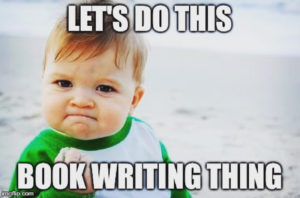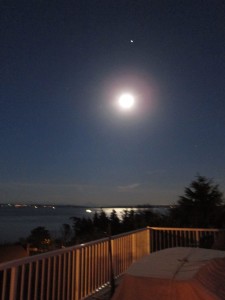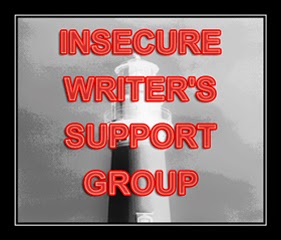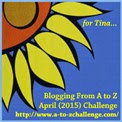Lakshmi ran away from her abusive husband and used her artistic talents to become a henna artist to wealthy women. Clever and quick-minded, she built a successful business over the years, earning enough money to build a house of her own. Her life is about to be upended, though, with the appearance of a younger sister Radha, who she didn’t know she had, and her estranged husband. In The Henna Artist, author Alka Joshi transports us to 1950s India, where old cultural traditions make life difficult for women.
The Henna Artist has been a hugely successful book that has justifiably earned praise from Reese Witherspoon’s book club, so it doesn’t need the endorsement of a little book blogger like me. However, if I love a book I’m going to recommend it, so here we are.
Lakshmi’s emotional journey is absorbing. After all, how does an already successful businesswoman, making her way in a society that is suspicious of unmarried and childless women, grow? Yet Rahda, as an emotional and precocious teenager, becomes a catalyst for the big changes in Lakshmi’s life.
The details of Indian culture, from food to the societal rules, held my interest. And though the story is set in what for us is an exotic locale, there is much for women to relate to in terms of the challenges we face and how we survive.
There is a level of predictability in the story, and some of the resolution seemed a bit too pat for me. It builds beautifully but seems to wrap up too quickly. Also, there were a number of editorial and proofreading errors that I found disappointing. However, the story of the two sisters is brilliant overall, and it’s a wonderful, enjoyable read.
TRIGGER WARNING (NOTE: CONTAINS SPOILER)
If you have an aversion to abortion, you may not want to read this book.
Please feel free to subscribe to my blog below. I review books on Wednesday and starting in May will have a second post during the week on other topics.
If you enjoyed this review, please consider purchasing one of my books. Details can be found here.



